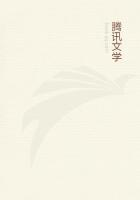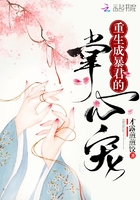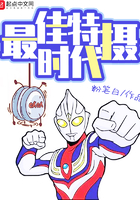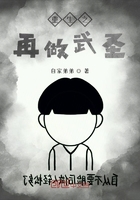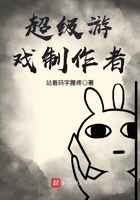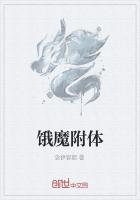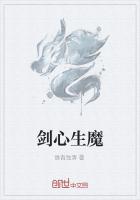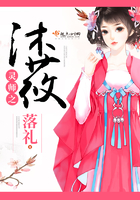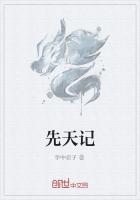This embarrassment is especially notable just now, for, during this last period of prosperity, trades unions have increased enormously in numbers;the State Federation of Minnesota, for instance, reported an increase of six hundred per cent. in one year. Nearly all the well- established unions ( 129) have been flooded by new members who are not yet assimilated and disciplined.
During this period of extraordinary growth, the labor movement has naturally attracted to itself hundreds of organizations which are yet in their infancy and exhibit all the weakness of "group morality." This doubtless tends to a conception of moral life which is as primitive as that which controlled the beginnings of patriotism, when the members of the newly conscious nation considered all those who were outside as possible oppressors and enemies, and were loyal only towards those whom their imagination included as belonging to the national life. They gave much, and demanded much, in the name of blood brothers, but were merciless to the rest of the world. In addition to its belligerent youth and its primitive morality, the newer union is prone to declare a strike, simply because the members have long suffered what they consider to be grievances, and the accumulated sense of unredressed wrong makes them eager for a chance to "fight for their rights." At the same time, the employer always attempts his most vigorous attack upon a new union, both because he does not wish organized labor to obtain a foothold in his factory, and because his chances for success are greater before his employees are well disciplined ( 130) in unionism. Nevertheless in actual conflict a young union will often make a more reckless fight than an older one, like the rough rider in contrast with the disciplined soldier. The members of & newly organized group naturally respond first to a sense of loyalty to each other as against their employers, and then to the wider consciousness of organized labor as against capital. This stage of trades unionism is full of war phraseology, with its "pickets" and "battle- grounds," and is responsible for the most serious mistakes of the movement.
The sense of group loyalty holds trades unionists longer than is normal to other groups, doubtless because of the constant accessions of those who are newly conscious of its claims.
Those Chicago strikes, which, during the last few years, have been most notably characterized by disorder and the necessity for police interference, have almost universally been inaugurated by the newly organized unions.
They have called to their aid the older organizations, and the latter have entered into the struggle many times under protest and most obviously against their best interests.
The Chicago Federation of Labor has often given its official indorsement to hot-headed strikes on the part of "baby unions" because the ( 131) delegates from the newly organized or freshly recruited unions had the larger vote, and the appeal to loyalty and to fraternity carried the meeting against the judgment of the delegates from the older unions.
The members of newly organized unions more readily respond to the appeal to strike, in that it stirs memory of their "organization night," when they were admitted after solemn ceremonies into the American Federation of Labor. At the same time, the organizers themselves often hold out too large promises, on the sordid side, of what organization will be able to accomplish. They tell the newly initiated what other unions have done, without telling at the same time how long they have been organized and how steadily they have paid dues. Several years ago, when there seemed to be a veritable "strike fever" in Chicago among the younger trades unions, it was suggested in the Federation of Labor that no union be authorized to declare a strike until it had been organized for at least two years.
The regulation was backed by some of the strongest and wisest trades unionists, but it failed to pass because the organizers were convinced that it would cripple them in forming new unions. They would be obliged to point to many months of patient payment of dues and humdrum meetings before any ( 132) real gain could be secured. The organizers, in fact, are in the position of a recruiting officer who is obliged to tell his raw material of all the glories of war, but at the same time bid them remember that warfare is always inexpedient. He must advise them to take a long and tedious training in the arts of diplomacy and in the most advanced methods of averting war before any action can possibly be considered.
In point of fact the organizers do not do this, and many men join unions expecting that a strike will be speedily declared which will settle all the difficulties of modern industrialism. It is, therefore, not so remarkable that strikes should occur often and should exhibit warlike features. What is remarkable is the attitude of the public which has certainly eliminated the tactics of war in other civil relations.
A tacit admission that a strike is war and that all the methods of warfare are permissible was made in Chicago during the teamsters' strike of 1905, when there was little protest against the war method of conducting a struggle between two private organizations, one of employer and one of employed.
Why should the principles of legal adjustment have been thus complacently flung to the winds by the two millions of citizens who had no direct interest in this struggle, but ( 133) whose pursuits in business were interfered with, whose safety on the streets was imperiled, and whose moral sensibilities were outraged?
How did the public become hypnotized into a passive endurance of a street warfare in which two associations were engaged, like feudal chiefs with their recalcitrant retainers? In those similar cases, when blood grew too hot on both sides, the mediaeval emperor intervened and compelled peace.



